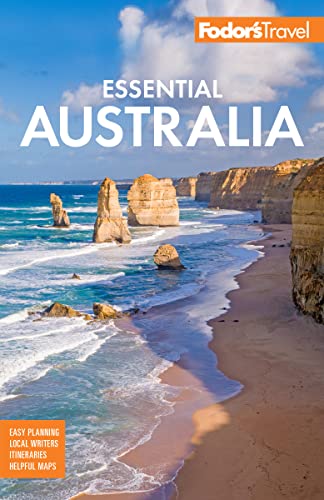Health and Safety
If you are self-driving—especially in remote areas—make sure you have enough fuel, water, and food and carry a first-aid kit. Let others know where you are going and for how long. If you go off bushwalking or hiking, bring adequate supplies and directions, and let others know your plan.
There are "critters" to avoid—snakes, crocodiles, and box jellyfish, for example. Mosquitoes are prevalent, so cover up and use a good insect repellent; the worst times for mosquitoes are dawn and dusk.
Respect the Australian sun, especially in summer. Sunburn is a real danger if you don't do what the Australians are urged to do: slip, slap, slop—that is, slip on a hat, slap on sunglasses, and slop on sunscreen. On popular beaches around major cities and towns, lifesavers (lifeguards) are usually on duty and put up flags to swim between, but generally most beaches are unguarded. Take extra care, especially where there are strong currents. Crocodiles are active in many of the Territory’s waterways, so obey warning signs and check before swimming.
The emergency contact number for police, fire, and ambulance is 000. From a GSM mobile (cell) phone you can also dial 112, although triple zero will still get through. Telstra is the only service provider that has reliable network coverage outside of major cities; however, be aware that mobile phone coverage outside of town limits is almost nonexistent in the Outback. If traveling in remote areas by car consider renting a satellite phone, which you can find at many outback tourist information centers.




